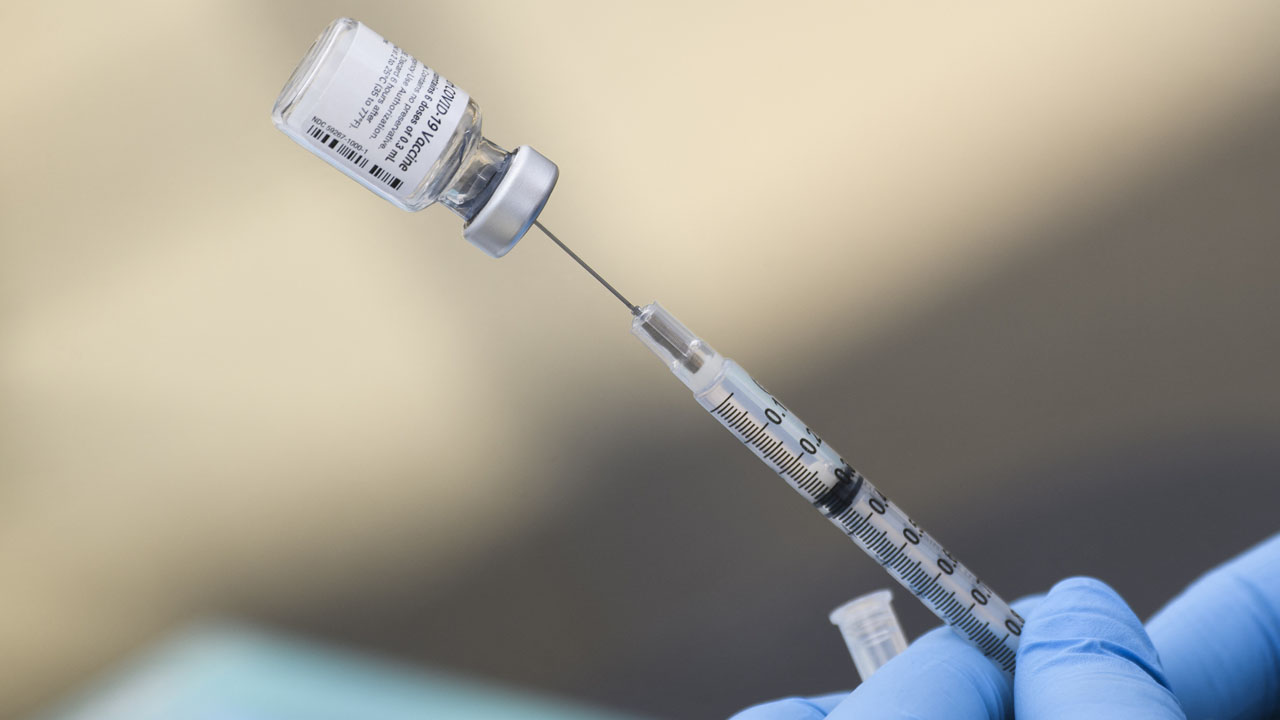
Almost half of the 67 million children who missed out on routine vaccination between 2019 and 2021 live on the African continent, and as of the end of 2021, India and Nigeria, which are described in the report as “countries with very large birth cohorts”, had the highest numbers of children who hadn’t received a single routine vaccination.
The World Health Organisation (WHO) and the United Nations Children’s Fund (UNICEF), yesterday, ahead of the African Vaccination Week and World Immunisation Week (April 24-30), said overall, in low and middle-income countries, one in 10 children in urban areas and one in six in rural areas had not received a single routine vaccination.
They blamed the situation on disruptions caused by the COVID-19 pandemic and armed conflict, but also decreasing confidence in vaccines.
UNICEF, in its State of the World’s Children 2023 report, said vaccination coverage levels decreased in 112 countries during the pandemic, “the largest sustained backslide in childhood immunisation in 30 years.” According to the agency, a rise in misleading information on vaccines is one of the factors at play.
This was as Director General of the West African Health Organisation (WAHO), Dr. Melchior Athanase J.C. Aissi, disclosed that an average of 40 new outbreaks of emerging and re-emerging diseases, such as Ebola, Marburg, COVID-19, and Monkeypox, among others, have been recorded in recent years in the Economic Community of West African States (ECOWAS).
He, therefore, stressed the need to continue to strengthen capacity of the Regional Centre for Disease Surveillance and Control (RCSDC) for effective surveillance, disease prevention, and response to epidemics and other health emergencies in the sub-region.
Speaking at the seventh meeting of the Board of Directors of the ECOWAS RCSDC, in Abuja, yesterday, Aissi said the economic community should no longer view health security as a cost, but rather as an investment that forms the foundation of productive, resilient and inclusive economies and societies.
He advocated the establishment of a consolidated community approach and sensitive alert mechanisms for early detection of main threats, and stressed the need to build on existing strong and renewed partnerships to effectively prevent, detect and respond to public health events in West Africa.
Aissi explained that the meeting was convened to discuss updates on the epidemiological situation in West Africa; find out the level of progress made from November 2021 to March 2023 in the RCSDC work plan; and identify bottlenecks as well as appropriate corrective measures to support activities of the centre.
Meanwhile, the Programme Manager, Anambra State Tuberculosis, Leprosy and Buruli Ulcer Management, Dr. Ugochukwu Chukwulobelu, has disclosed that statistics on TB burden shows that Nigeria ranks sixth in the world and number one in Africa.
He made this known, yesterday, while speaking at a one-day Media Team Engagement/Training on Tuberculosis Demand Creation, organised by the Federal Ministry of Health, in collaboration with the KNCV Tuberculosis Foundation and Breakthrough Action Nigeria.
Chukwulobelu also said Anambra ranks highest in Childhood TB cases in Nigeria.
He said: “To reduce the high burden of TB, the state government, in collaboration with the National Tuberculosis and Leprosy Control Programme (NTBLCP) and other partners, set up 14 laboratories with gene Xpert machines for diagnoses.
“The state has about 800 Directly Observed Treatments (DOTS) centres for TB. The major problem, here, is lack of awareness among residents about TB, the diagnosis and treatment.
“Treatment is free in government hospitals and clinics across the country. The disease is not caused by enemies or witchcraft. It occurs in any part of the body. TB of the lungs is the most common type and occurs more in men than women.”
He charged the media to sensitise members of the public on the burden and symptoms of TB as well as how and where patients could get medical help.






